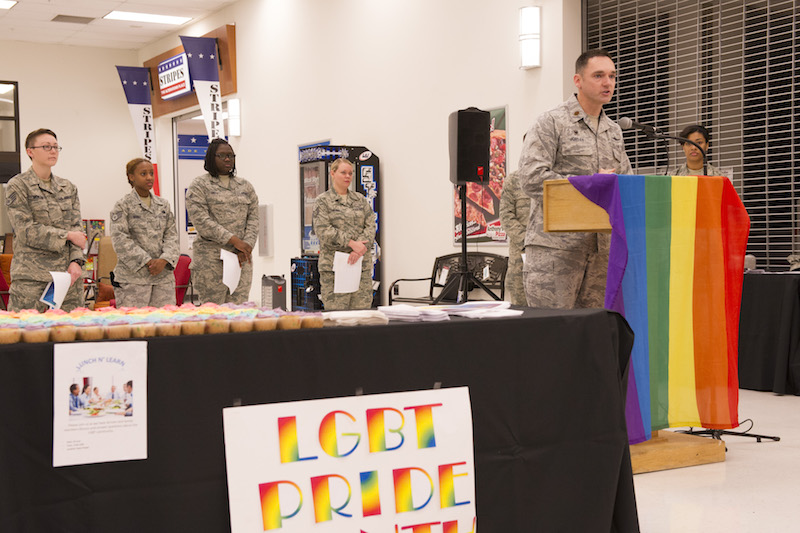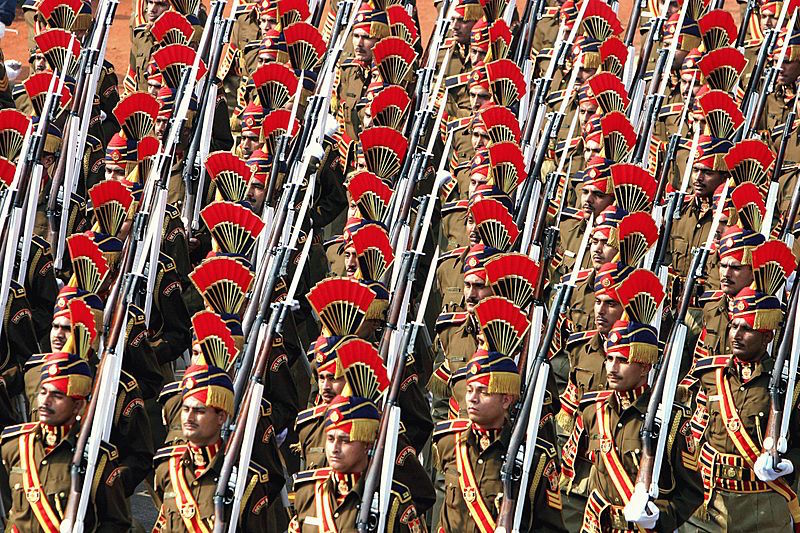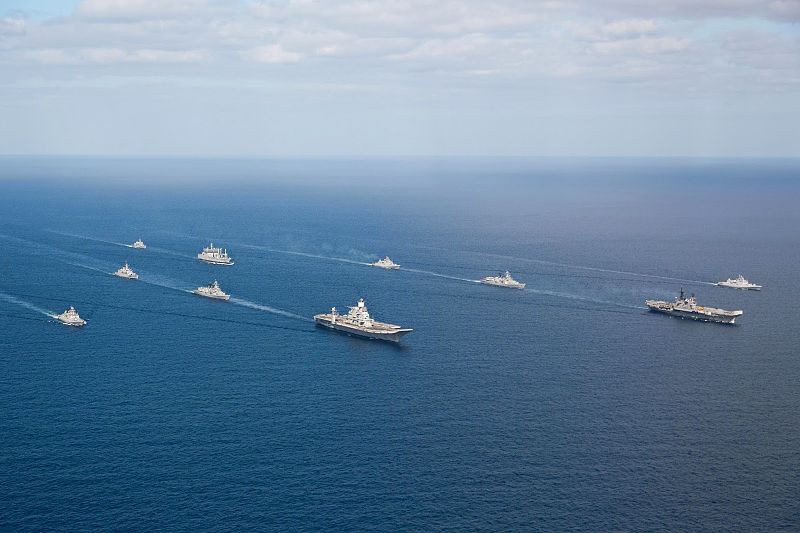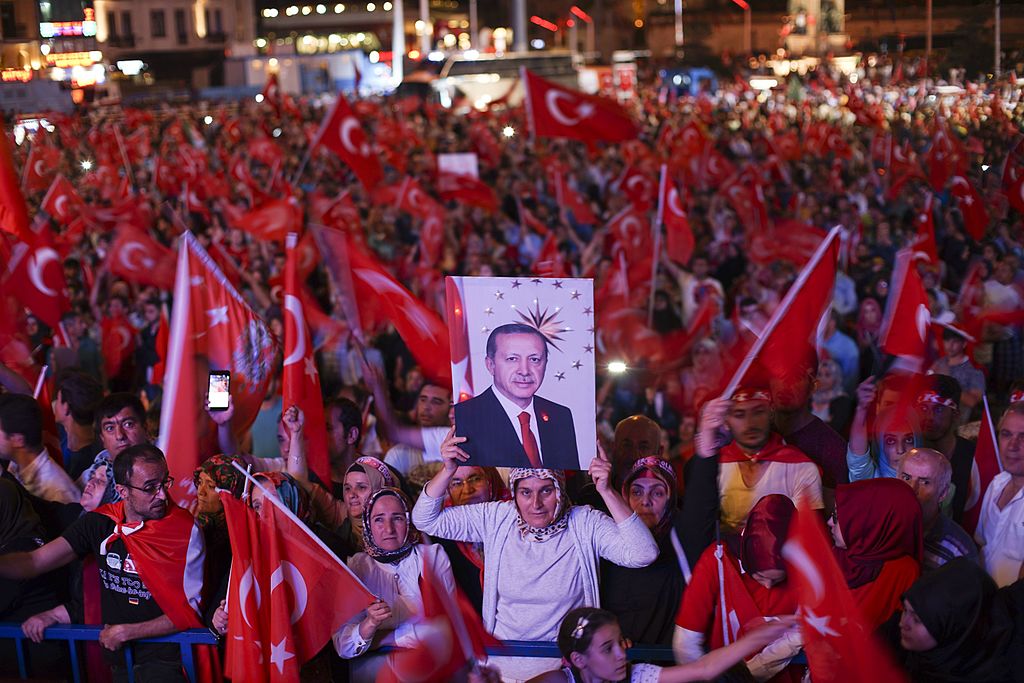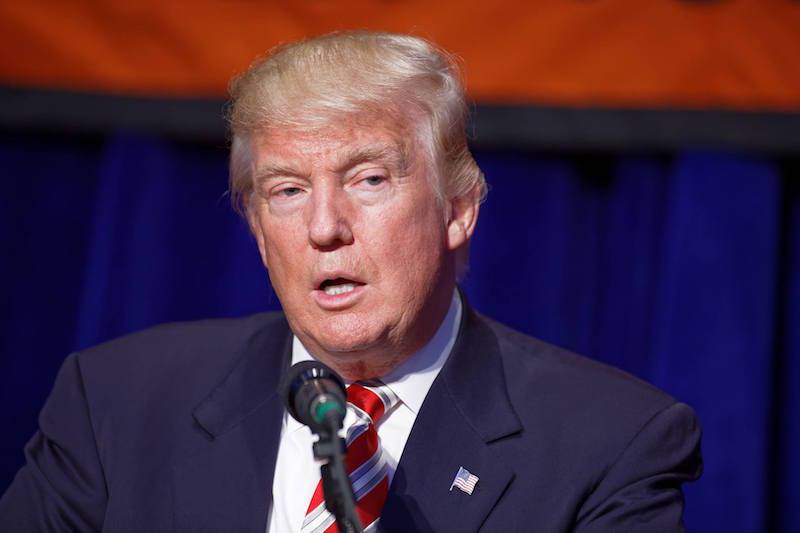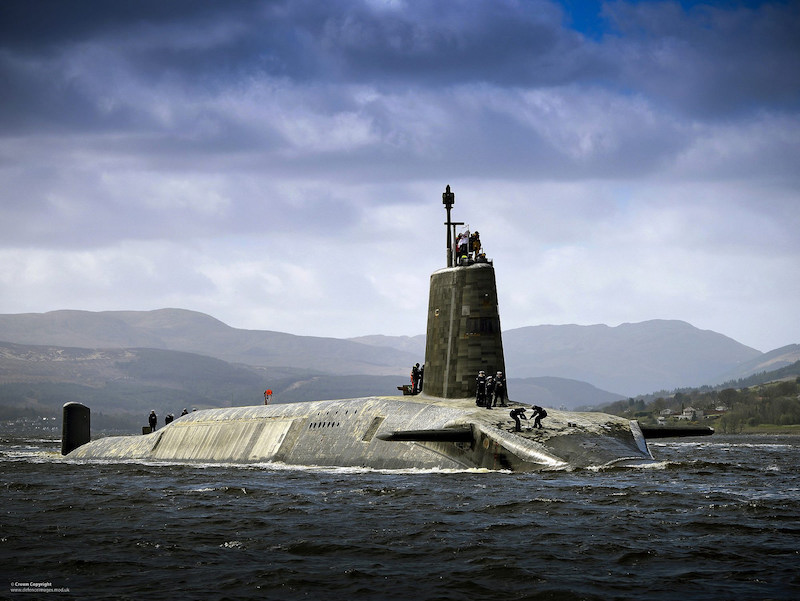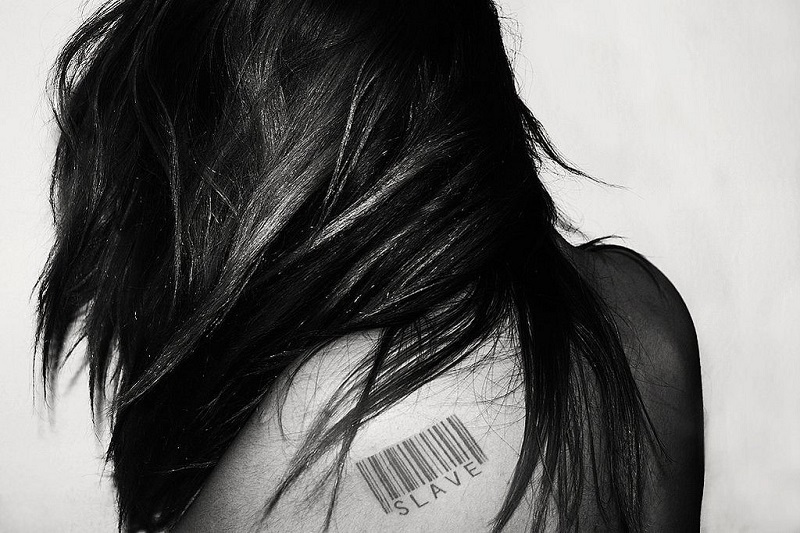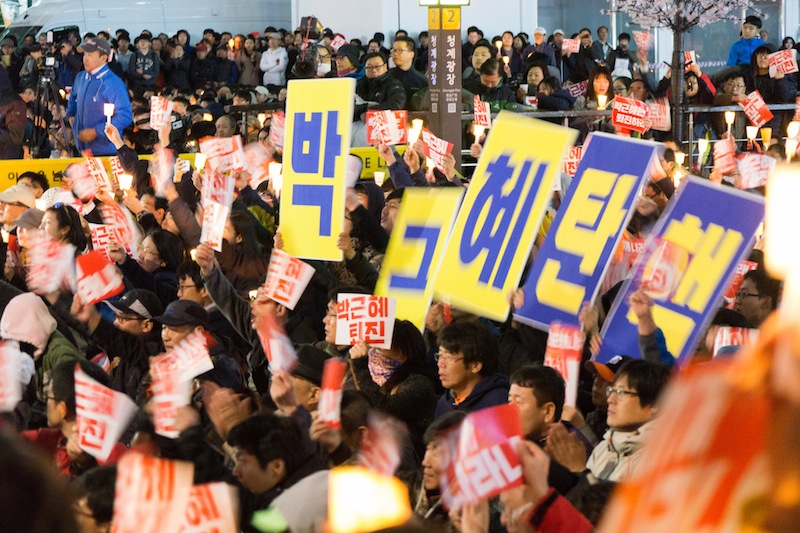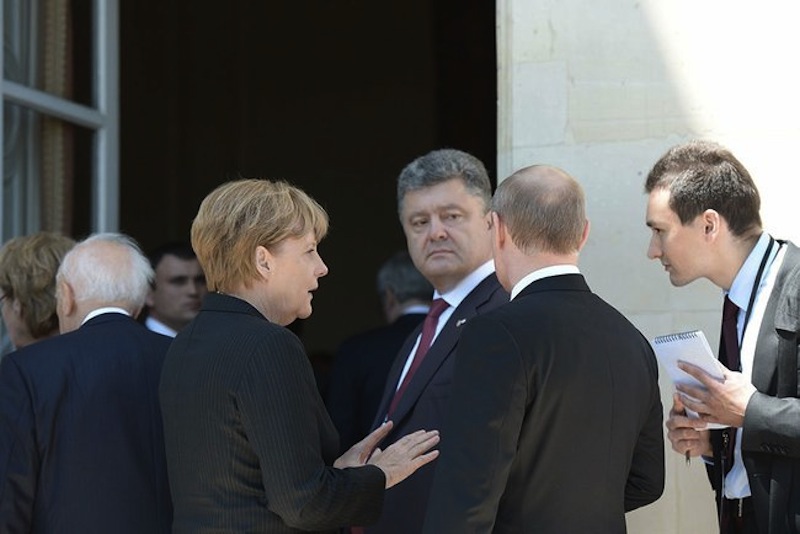To honour LGBT month, the turbulent experiences of identifying service men and women are acknowledged, while the paranoia surrounding their service are debunked. The accession of prospective nations into the Alliance raises the question of whether the LGBT inclusion status of a nation is a factor worth considering for membership. And if it should be, can religious affiliation influence the security and defence commitments of NATO members?
Expanding Community
The Expanding Community program at the NAOC has three aims. First, the program seeks to explore the growth of the NATO alliance, prospective members and relationship with partners. Secondly, it looks at human rights issues and its effects on NATO member and partner countries. Thirdly, it features Canada’s global connections, including our links to other nations on a bilateral basis, and the role Canada plays within international and multilateral institutions. Check back regularly for original articles, as well as links to related news, blog posts and videos from around the world.
Should Canada and NATO allies build stronger ties with strategic partners in South Asia? Part II
NATO and India have the potential to establish a mutual beneficial military-diplomatic relationship creating security within Asia. A two part article explores the possibilities of an Indo-NATO partnership.
Should Canada and NATO allies build stronger ties with strategic partners in South Asia? Part I
NATO and India have the potential to establish a mutual beneficial military-diplomatic relationship creating security within Asia. A two part article explores the possibilities of an Indo-NATO partnership.
NATO to Request for More Troops to be Sent to Afghanistan
As the 2017 NATO summit approaches, growing instability in Afghanistan creates security risks for the region. NATO military authorities are expected to request for re-deployment of troops. But is the timing random?
Turkey’s Constitutional Referendum
Erdogan’s victory in the referendum shows the power of a leader channeling the national interest to take back the state. It is another expression of the populist trend sweeping across the Atlantic and the European continent and positions Erdogan closer to Nigel Farage, Donald Trump or Marine Le Pen than it does to Arab dictators in neighbouring Middle-Eastern countries.
Why Did Republicans Pull the American Health Care Act?
President Donald Trump has failed to secure the needed votes to overhaul the Affordable Care Act. Mary Zelenova explores the reasons behind the defeat.
Scotland: Out of the UK and into NATO?
Aidan Simardone explores whether an independent Scotland should be a member of the Alliance.
Modern Day Slavery: Not for Sale
Human trafficking affects millions of victims worldwide and presents a serious threat to the safety, security, and human rights of all peoples. In Part 1 of this two-part series on human trafficking, Sabrina Natale provides an introductory analysis, and explores legal definitions.
The Impeachment of South Korean President Park Geun-Hye: What Next?
Juthika Hasan discusses the recent impeachment of South Korean President Park Geun-Hye and its implications for political tensions in Asia.
Simmering Tensions: Russia’s Position in Eastern Ukraine
Mary Zelenova explores the possible effects of Russia’s decision to grant legal recognition to documents issued by separatist authorities in eastern Ukraine.

